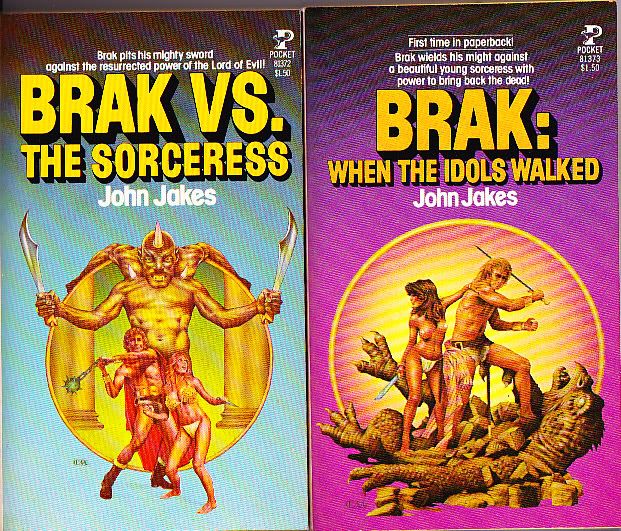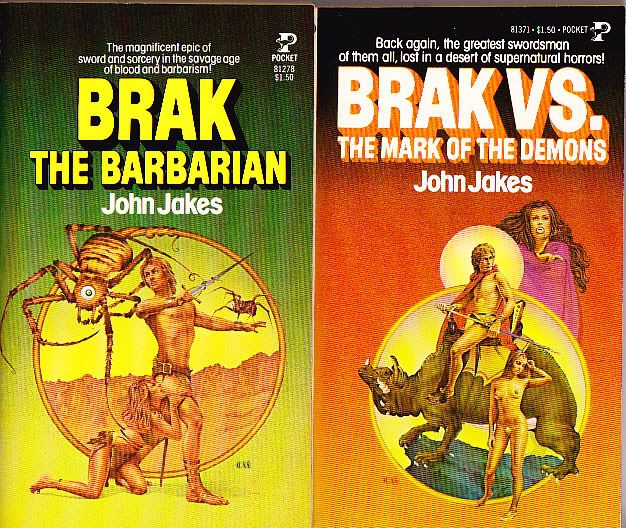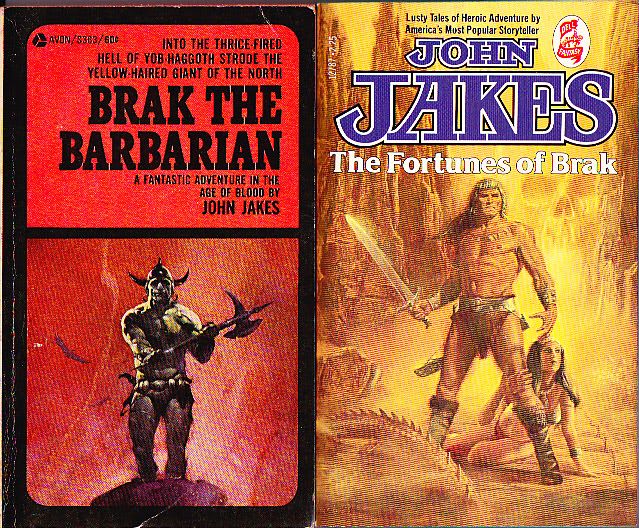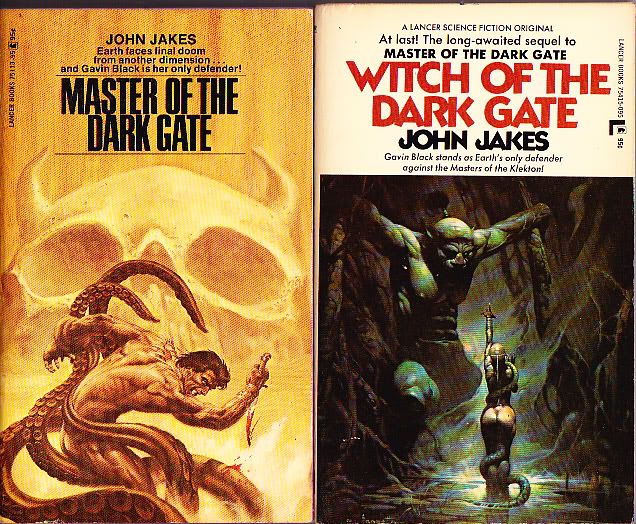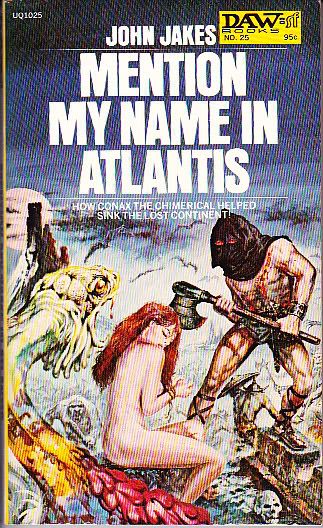Big difference with Derleth and HPL is the fact he was closer to HPL and he made sure HPL was reprinted with his original stories. More of a fan pastiching and printing a writer. That is why you dont hear him as being infamous, disliked by HPL fans.
I'm afraid that isn't the case -- Derleth's name has pretty much been mud for quite a long time now with the HPL fans who know anything about this; in part because many of his pastiches were published as at least partially written by HPL, when even
The Lurker at the Threshold (which holds the most actual Lovecraftian prose) only has a few hundred words by HPL, and even that Derleth tinkered with. His distortions of what Lovecraft was about completely stymied Lovecraftian studies for decades, and even now his shadow can be feld in some of the Mythos writers who, often unknowingly, are following more in Derleth's footsteps than Lovecraft's. His promulgation of the "cosmic" war between the Old Ones and the Elder Gods -- a scenario which came from Derleth himself -- pretty much made Mythos fiction from the late 1930s until after 1971 almost a dead-end, as there are only so many variations one can play on that basic framework. (The framework itself has been brilliantly parodied on more than one occasion; perhaps the best is that by, if memory serves, Robert Price.) This is the "Lovecraft" that so many readers of the older editions know, because Derleth's own fiction was published as being genuine Lovecraft, completed by Augie... not Derleth's own material taken from a line or two in HPL's Commonplace Book.
Also, the editions of HPL's work which Derleth published were often chock-full of errors, deletions, Derleth's own editorial tamperings, and utterly careless attitude about the texts... which caused decades of misreadings of HPL's material.
No, Derleth has long been very unpopular with Lovecraft fans, and it is only now, as I said, that we are
beginning to establish a balance between the view of him as disciple and preserver, and that of being a ghoul and mangler of his mentor's works.
How is the world building in Kane, the atmosphere ? Is it creepy S&S style ? Would you say he has strengths of REH type S&S?
Some of them, yes. Some, no. They are quite variable in tone and approach. Darkness Weaves, and some of the tales in Death Angel's Shadow, certainly have that to them; Bloodstone, though definitely having an eerie feel to much of it, is nonetheless a rather different angle. I'd say Wagner was too much aware of psychology to quite follow in Howard's footsteps, though certainly his work can be dark and grim enough to please Two-Gun....
Wagner is the really forgotten S&S author, he has underground classic sure but his books are very hard to find outside us. REH fans recommend to me all the time. I would hate it if he was overrated. He did write Bran Mak Morn pastiche that is the only pastiche i ever wanted to read.
The Bran Mak Morn pastiche is another which hits different people different ways. The first time I read it, back when it was first published, I didn't care for it at all, and was quite disappointed, having rather liked what I'd read of Wagner's other work. On a rereading about ten years ago, I found it to be much more to my taste... again, like
Bloodstone, it should be taken in a leisurely fashion for the full effect to sink in. Also, his Conan pastiche,
The Road of Kings, is rather good. It isn't Howard, but it shows a good understanding of Howard's world, and stands with the starkest of Howard's own writings concerning the doughty barbarian -- close in feel, at times, to "Beyond the Black River", for instance....
Dask: As for Jakes' Brak.... I don't quite know what to say about that one. There are some fine touches to several of the Brak stories, as I recall, but there's also a good deal of dreck there. Even at the height of my fascination with S&S, I had some trouble with this series....
Mention My Name in Atlantis, however, is a rather fun romp, as I recall... quite irreverent, but enjoyable.
We also shouldn't forget some of the members of what Lin Carter called the S.A.G.A. -- or Swordsman and Sorcerer's Guild of America -- which also included Mike Moorcock from Britain (surprise!); people such as Avram Davidson, for his novels
The Island Under the Earth,
Peregrine: Primus (and
Secundus) and
The Phoenix and the Mirror, as well as a few other writings....


